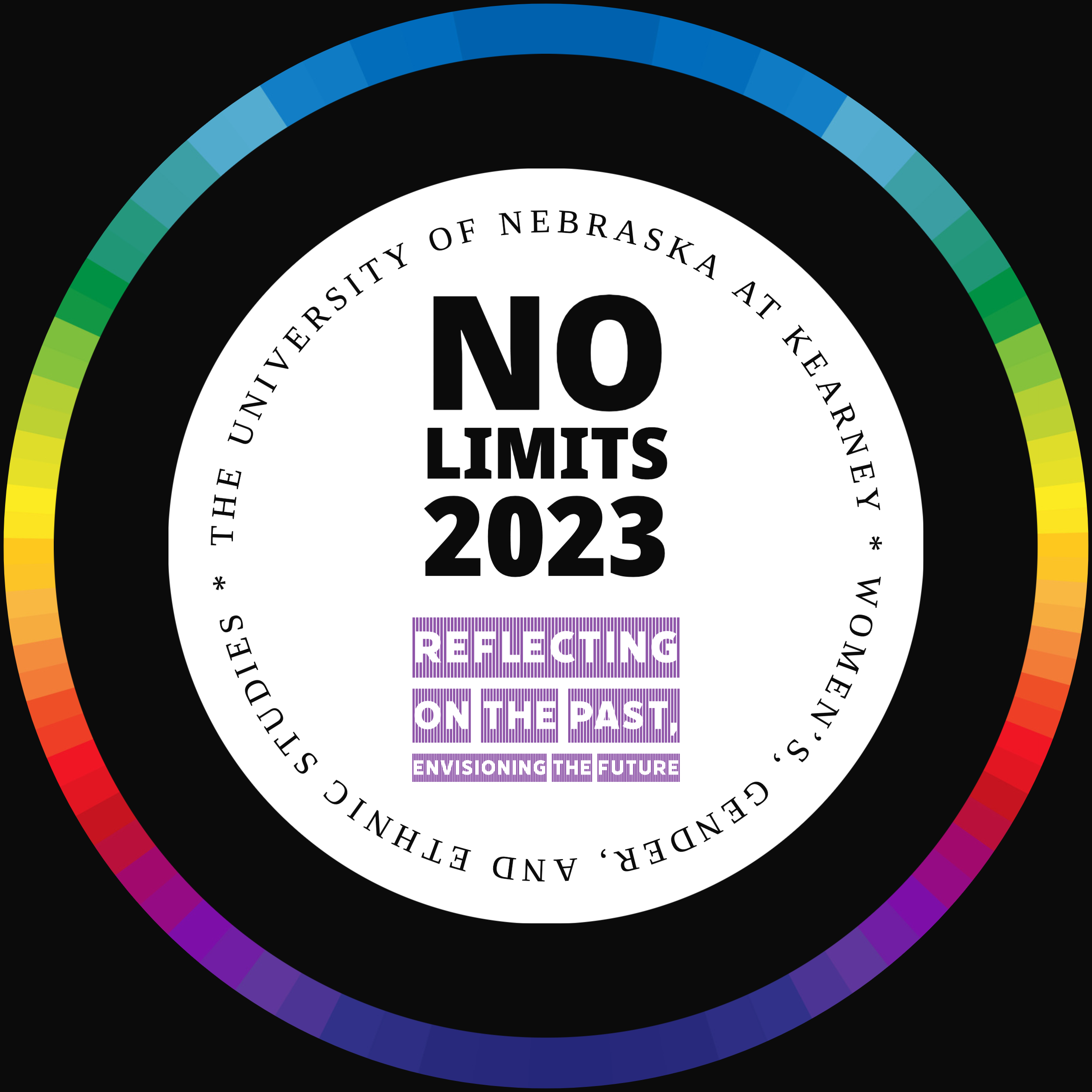Thicker Than Water: Gendered Theologies of Blood and Menstruation
Location
Ponderosa Room B
Presentation Type
Presentation
Presentation Topic
Gender Studies, Religion, Menstruation
Start Date
3-3-2023 1:25 PM
Event Sort Order
28
Abstract
Blood has a long history, especially in Christianity, where it has the unique power of linking savior to practitioner and creates a larger heritage that goes all the way back to Abraham. For as far back as we can trace, humans have been trying to wrap their heads around blood, often with an emphasis on its spiritual qualities. Ancient Greek and Medieval scholars wrote about blood as a mysterious substance, with a complex role to play in health and spirituality. Within this context, one particular function of blood became especially problematic - menstruation. Historical theologies tell us that menstrual blood is unclean, unnatural, and even dangerous, and that women are marked as inferior to men because of their ability to menstruate. At the same time, women’s blood is said to have supernatural powers that pose a spiritual threat to men. In either case, their blood is not welcome in Christian worship, where blood happens to be the very center of ritual practice. In this way, Christianity defines womanhood as sinful, and sin as feminine, and the sources of this flow through our blood. This paper utilizes scriptural analysis and historical perspectives to explore the history of blood and menstruation within Christianity and unpack the lasting consequences of Christian narratives. In doing so, I demonstrate that gendered religious distinctions of blood use menstruation as a tool to control women’s spirituality and demonize their bodies, all while asserting male power, and modern women continue to reckon with the impacts of this on their self-image and social standing.
Thicker Than Water: Gendered Theologies of Blood and Menstruation
Ponderosa Room B
Blood has a long history, especially in Christianity, where it has the unique power of linking savior to practitioner and creates a larger heritage that goes all the way back to Abraham. For as far back as we can trace, humans have been trying to wrap their heads around blood, often with an emphasis on its spiritual qualities. Ancient Greek and Medieval scholars wrote about blood as a mysterious substance, with a complex role to play in health and spirituality. Within this context, one particular function of blood became especially problematic - menstruation. Historical theologies tell us that menstrual blood is unclean, unnatural, and even dangerous, and that women are marked as inferior to men because of their ability to menstruate. At the same time, women’s blood is said to have supernatural powers that pose a spiritual threat to men. In either case, their blood is not welcome in Christian worship, where blood happens to be the very center of ritual practice. In this way, Christianity defines womanhood as sinful, and sin as feminine, and the sources of this flow through our blood. This paper utilizes scriptural analysis and historical perspectives to explore the history of blood and menstruation within Christianity and unpack the lasting consequences of Christian narratives. In doing so, I demonstrate that gendered religious distinctions of blood use menstruation as a tool to control women’s spirituality and demonize their bodies, all while asserting male power, and modern women continue to reckon with the impacts of this on their self-image and social standing.






Presenter Bio
Deanna Sobczyk is a junior at UNO. In addition to her art history major, she has minors in women's and gender studies and religion. She currently serves as a student advisory committee representative for the College of Communication and Fine Arts. Her interests focus on women in ancient and medieval art, and in the future, she hopes to earn her masters in art history and develop more research on these topics.